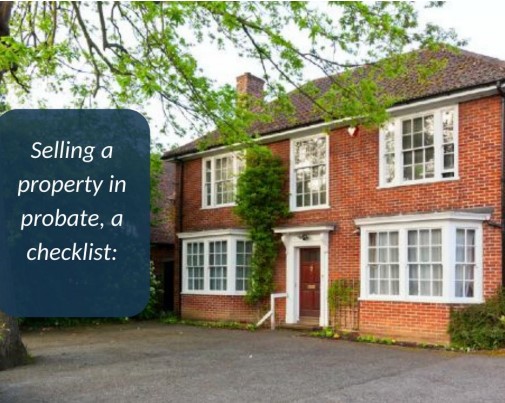Outlook for Scotland’s property market gets bleaker
After 18 months, the effectiveness of the LBTT scheme implemented by Hollyrood in April 2015 has started to come into question, with industry professionals warning that 2017 could bring suffering as a result.
The changes to UK stamp duty made by George Osborne earlier in 2016 have been well documented in the media; and criticised by many who felt that they would fail to achieve their goals. The original aim was to place a higher percentage of tax on more expensive properties, as well as second homes and properties bought on a buy-to-let basis.
The aim was to help first-time buyers afford a new home, without having the property snatched up by a landlord or investor first. As time progressed, however, it became clear that landlords were still buying these properties, despite the higher tax bracket – then simply passing the extra expense on to their tenants, making it even harder for tenants to save for a deposit themselves.
In April 2015, the Scottish government opted to replace stamp duty with its own Land and Buildings Transaction Tax (LBTT), believing that these rates would see 50% of all property transactions paying zero tax, with at least 40,000 buyers saving money upon purchasing a new home. Conversely, it reduced the top tier rate of 12% from properties worth £1.5m upwards, to properties priced £750,000 and upwards.
At first, the new system appeared to have worked, but while delivering his budget in December 2015, Finance Secretary John Swinney announced that there would be a supplemental tax on top of the LBTT for second homes and buy-to-let houses – at 3% the value of the property – from April 2016 onwards.
Having raised £218m in its first seven months, clearly the changes made had been of great help to the government during a time of austerity. However, many believed that the new system was seen as a ‘cash cow’ by Hollyrood and was being exploited to increase available funds, at the expense of landlords and wealthier citizens.
As 2016 comes to a close, there are murmurs of discontent from many property selling experts, despite Hollyrood claiming that the changes had so far been “operationally successful”. Murdo Fraser, an MSP who has been investigating the effectiveness of the LBTT, believes that the levy is not producing funds in the way that the government had hoped – and with the majority of the charges affecting more expensive homes, a slump has begun to show in the upper end of the market. There are worries that this slump will begin to trickle down, affecting those in more affordable homes who are in need of a quick house sale.
While vendors can use property buying companies who will buy any house for cash, with the Scottish government currently looking at a shortfall of £290m over the next few years – and wealthy homebuyers looking elsewhere to avoid the hefty additional charges – many believe that the transition from stamp duty has been handled badly and could result in a negative impact on the Scottish property market for years to come.
“The government didn’t do a behavioural analysis, and they didn’t do any modelling prior to launching it, which they should have done,” said Faisal Choudhry, director of Scottish research at estate agents Savills.
“Scotland’s taxation structure doesn’t make us competitive with the rest of the UK.”
Are you worried your home won’t sell in the current market? Why not ask National Homebuyers for advice, as we guarantee to buy any home. Call 08000 443 911 or request a call back to find out how much you could get for your property.






